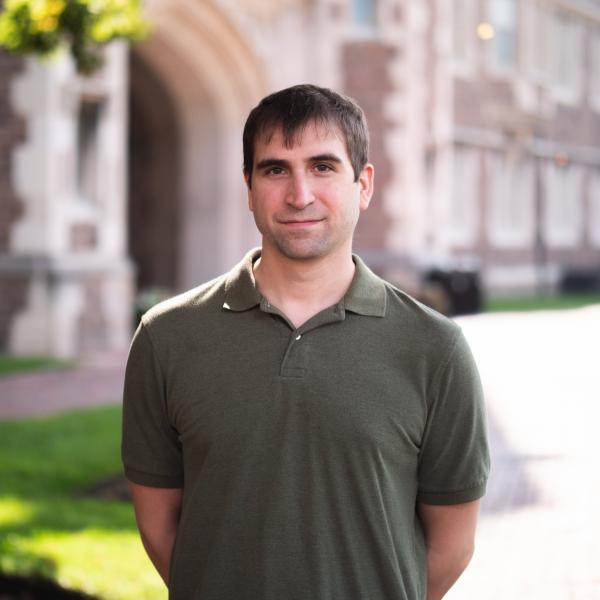Professor Mertens' research focuses on relativistic cosmology, working to improve our understanding of how gravity and matter interact across the largest distances we can observe.
Standard cosmological models describe the expansion of our Universe and the evolution of its contents with remarkably accuracy -- yet, a number of mysteries remain. For instance, these models allow us to infer the presence of additional matter we cannot directly see, and the precise details of how our Universe formed remain unexplained.
Our observations of the Universe are becoming increasingly sophisticated. We build vast catalogues of galaxies, measure faint microwave radiation from the early Universe, and recently even detect gravitational waves emitted by colliding black holes. In order to meaningfully interpret these observations and make progress towards understanding our Universe, we must make predictions with an ever-increasing level of accuracy and precision. Professor Mertens' research focuses on exactly on this: ensuring that our cosmological models are up to the task of describing our measurements. Through numerical modeling within the full framework of general relativity, Mertens' group is able to make powerful predictions of measurable phenomena.
Prior to becoming an Assistant Professor at Washington University, Mertens was a Postdoctoral researcher at York University, associate postdoctoral researcher at Perimeter Institute, and CITA National Fellow.

